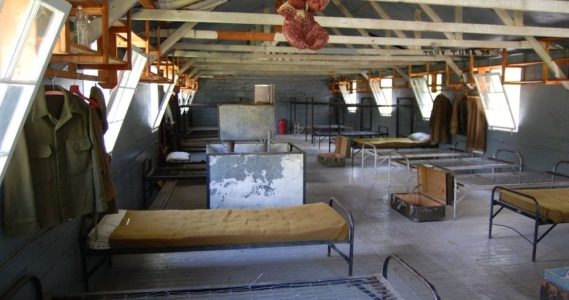Camp Rabideau Pavilion and Barrack, MN 2024
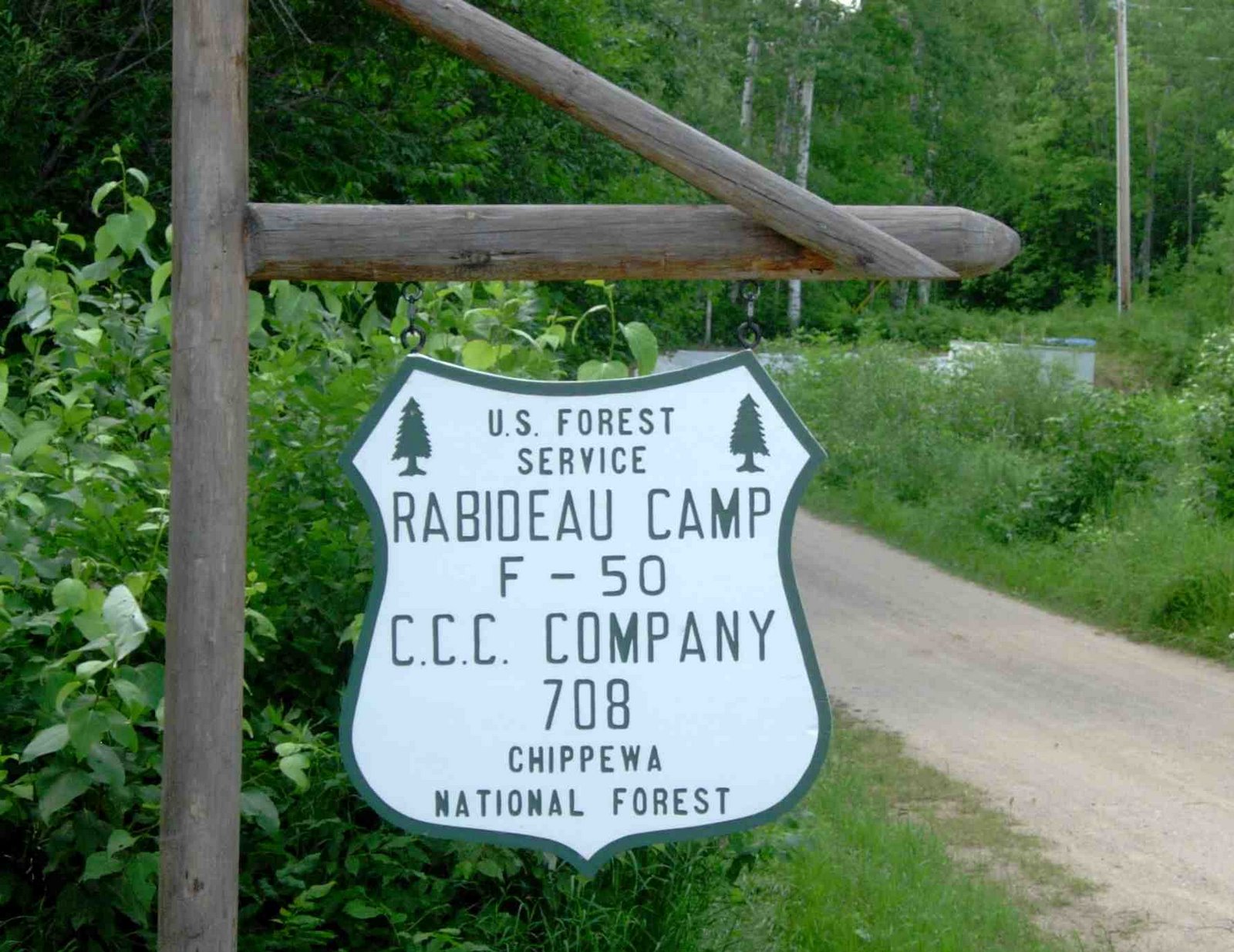
This may be a bold claim, but Camp Rabideau is said to be the BEST PRESERVED CCC Camp in the country! Come find out why and join a legacy of pristine historic preservation under the Chippewa National Forest.
PROJECT PARTNER: Chippewa National Forest
SESSION DATES: June 23-28, June 30 – July 5th, July 28 – August 2, August 4-9, and August 11-16
PROJECT SUPERVISOR: Pete Specht!
CREW LEADER: Ashley Aus!
Project Site Description & History
If you haven’t noticed by now, HistoriCorps is often associated with the Civilian Conservation Corps. Restoring CCC built structures has been a niche our organization has gladly sought to fulfill and our upcoming project at Camp Rabideau may be one of those crown jewel moments where our non-profit’s mission and the CCC’s heritage intersect to make a legacy defining impact.
Camp Rabideau, located inside the Chippewa National Forest of northern Minnesota, is an exemplary effort of preservation and curation. Built in the 1935 by the Civilian Conservation Corps, Camp Rabideau is one of hundreds of work camps developed from Franklin D. Roosevelt’s New Deal aimed at countering the Great Depression by putting young men to work on public lands projects across the country. The camp itself saw action from 1935 through 1941 and was built from pre-fabricated materials with the intention of being a temporary compound. Ninety years later Camp Rabideau has weathered father time due to a series of fortunate circumstances that otherwise would have left it dilapidated like most of its counterparts.
With the onset of World War II, the buildings at Camp Rabideau fell into disuse and the inevitable lack of maintenance that accompanies it. However, in 1946 the University of Illinois began utilizing Camp Rabideau for its engineering and forestry schools, but by the early 1970s it was clear these structures were not built to last and the university moved on. Over the next 20 years the camp would fall further into decay with only thirteen of the original 25 buildings still intact. In 1991 the Preservation Alliance of Minnesota would step in to help preserve this fading landmark of the New Deal and by 1999 the Chippewa National Forest would begin its own restoration efforts that would ultimately lead to a continued push for more preservation work at the camp.
In 2006 the camp was designated as a National Historic Landmark and by 2010 was repurposed as the Rabideau Conservation Academy and Learning Center, providing year-round youth programs for kids and young adults serving nearby counties. It’s this legacy of providing opportunities to young folks that sets Camp Rabideau apart from the many of disheveled CCC camps and recreation areas spread across the county. If you want a hands on opportunity to preserve a truly historic place that will live on in service of others, this opportunity cannot be missed!
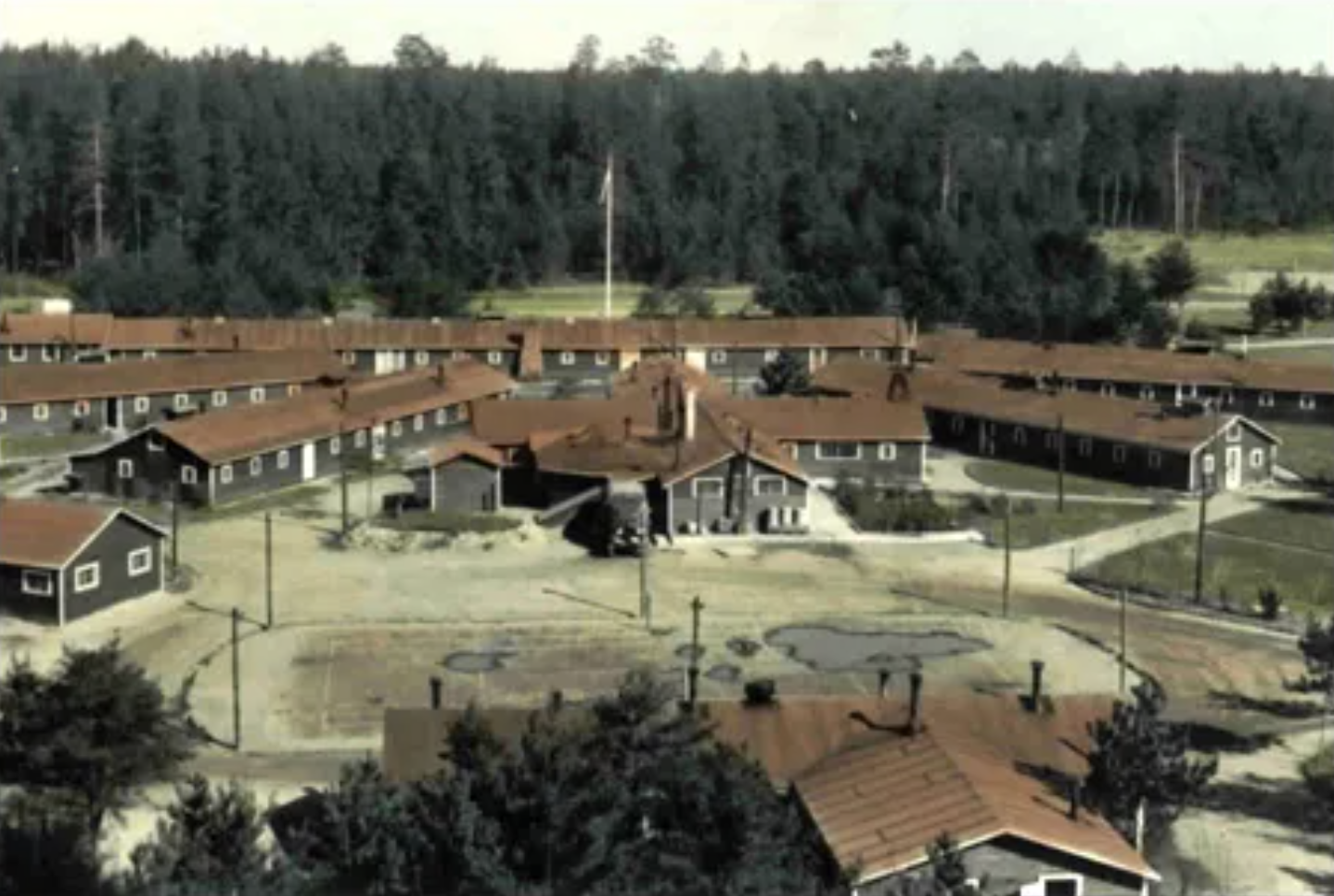
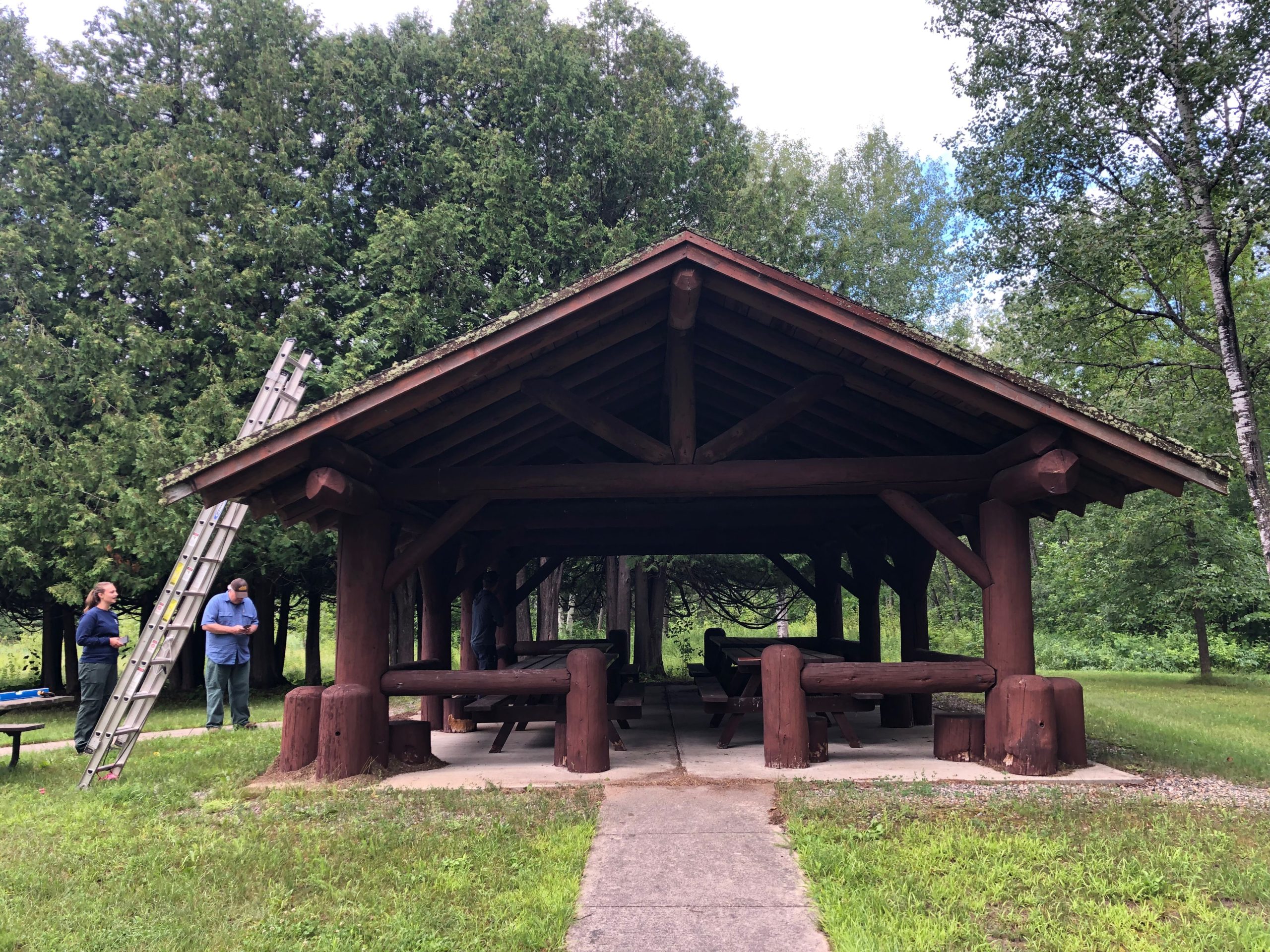
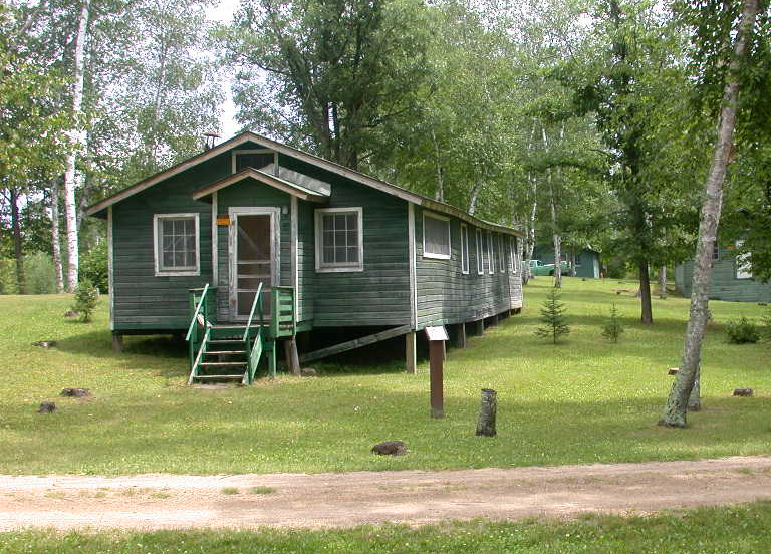
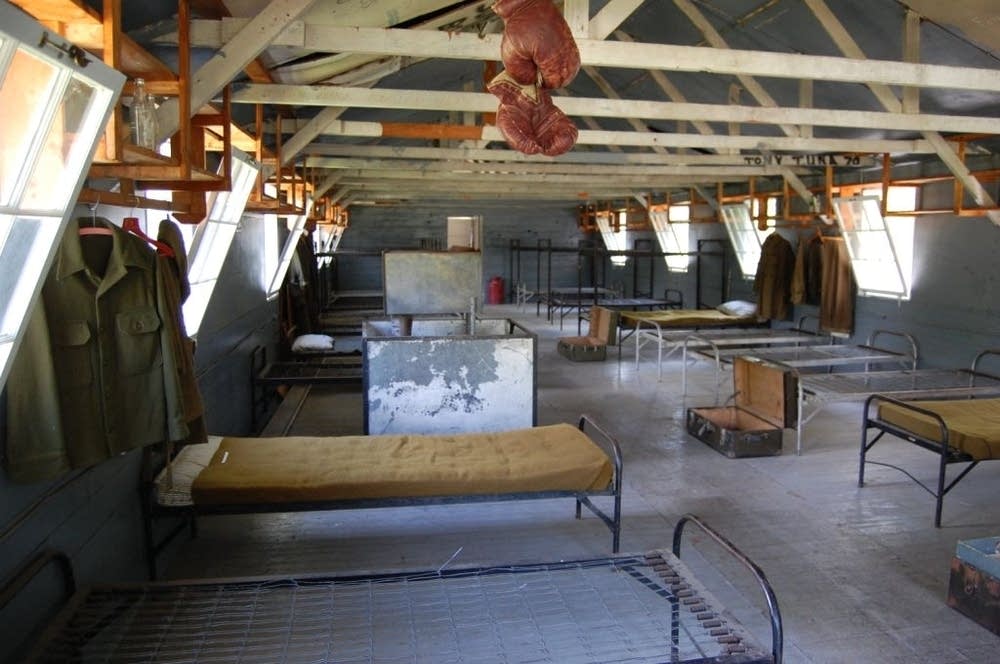
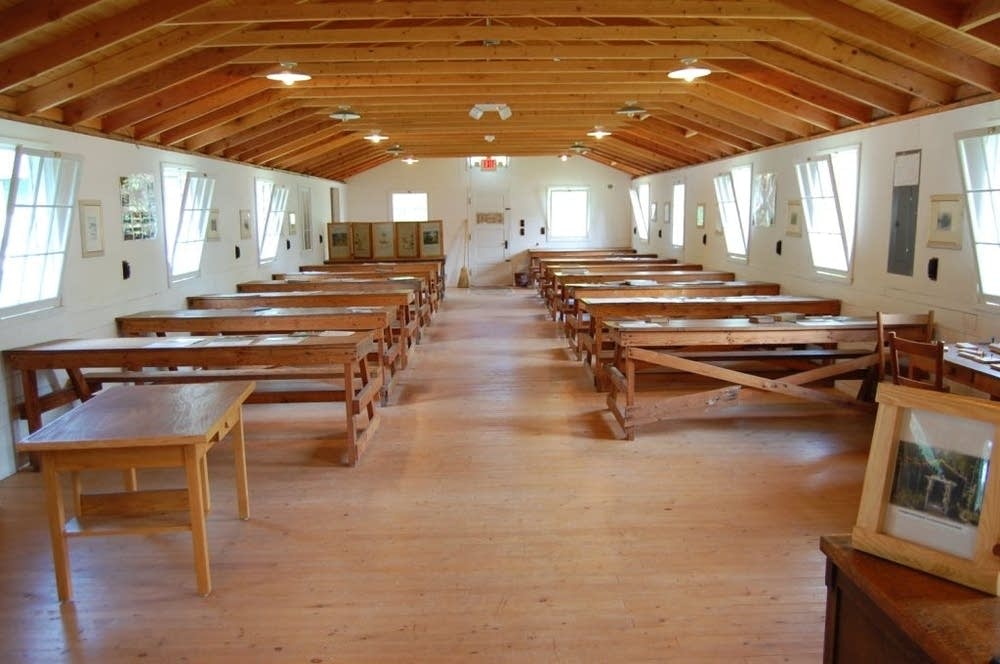
Location and Logistics
SESSION DATES: June 23-28, June 30 – July 5th, July 28 – August 2, August 4-9, and August 11-16
Please plan to arrive at the campsite no earlier than 5pm and no later than 7pm on the first day of your session.
LOCATION: Located approximately 70 minutes Northwest of Grand Rapids, MN.
-
MAP to CAMP RABIDEAU
- ACCESS:



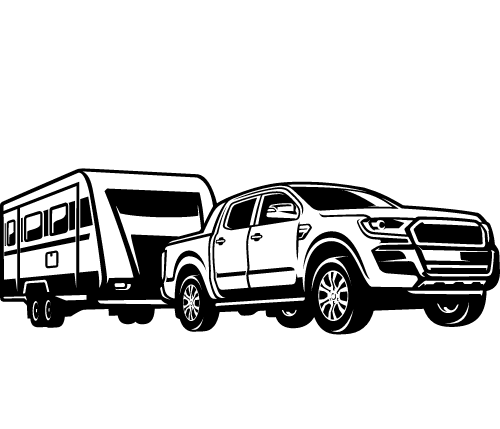
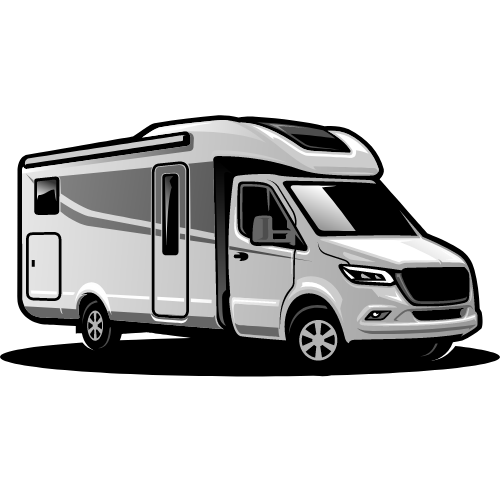



Tents, truck campers, campervans, trailers, and RVs are welcome. Hookups are not available, but showers are! Dogs are welcome but must be leashed. Bring your kayak if you have one!
WEATHER: Anticipate highs in the 80s and lows in the 50s. Weather conditions may be rainy, cloudy, or sunny. Volunteers are responsible for checking weather conditions before their session begins, and packing appropriately.
ABOUT VOLUNTEERING: HistoriCorps projects are free for volunteers! HistoriCorps will provide all meals, tools, training, equipment, and a campsite. Volunteers are responsible for their own transportation to the campsite, sleeping equipment, work gloves, clothes and boots, and other personal gear.
Scope of Work
HistoriCorps is committed to educating and training volunteers in preservation skills, with an overarching mission of inspiring a preservation ethic in all those involved. Learning and working alongside expert HistoriCorps field staff, volunteers and applying the traditional skills necessary to restore the Pavilion and Barrack at Camp Rabideau:
- Restore the deteriorating cedar shake roof of the Pavilion
- Repair and replace deteriorated posts and pedestals of the Pavilion
- Restore and install updated flooring inside the Barrack
- Install wall sheathing and roof insulation and sheathing at the Barrack
- If time allows, prime and paint the roof trusses of the Barrack
Please note: Tasks vary by day and by week, depending on a variety of factors including: weather, project priorities, previous groups’ work, and more. Though it is likely you will get to learn and practice most or all of the above tasks, it is not guaranteed. The higher percentage of the scope a particular task is, the more likely you will get to practice it.
Sign Up!
We’re thrilled this project has inspired you to volunteer!
CLICK HERE TO REGISTER!
Visit our Job Calendar to see spaces are available!
*All registrations submitted to projects at capacity will be automatically added to our waitlist.*
CANCELLATIONS effect our ability to complete projects. Please register only if you are certain about your ability to participate.
You will know your registration was successful when you receive a confirmation email. Contact volunteer@historicorps.org for assistance.
HistoriCorps does not charge for its volunteering projects. HistoriCorps relies on donations to continue engaging volunteers to save significant historical sites across America for generations to come. Your donation of any amount will make an incredible difference! Increase your impact – make a generous gift today.
Volunteer Logistics, Policies, and Advice
We’re so glad you’re interested in joining this project! If you’re new to our community, review the Volunteer FAQ first! Please note the following logistics and policies:
- Volunteering with HistoriCorps is free! We will provide all meals, tools, training, equipment, and a campsite or shared indoor lodging. Dinner is not provided on the first night.
- Volunteers are responsible for bringing their own gear, work gloves, sturdy work clothes and boots, and appropriate sleeping equipment. Check the average temperatures before you start packing – the nights and mornings may be colder than you anticipate! Then, read this advice about how to stay warm when tent camping in colder places.
- Campsite accessibility varies by project. Some projects can accommodate tents only; others can accommodate small RVs. Please review the project site description above for more information, and if you’re still not sure, email volunteer@historicorps.org for help.
- If this project does not offer showers, you might want to consider bringing a solar shower or research other methods to clean up after the work day.
- Volunteer crew sizes generally range from 4-8 volunteers, with two HistoriCorps staff that lead and train volunteers in the work.
- Safety is one of HistoriCorps’ top priorities, and volunteers can contribute to a safe working environment by ensuring their physical fitness is adequate for the work. See above for this project’s scope of work and difficulty level. Please, call us if you are not quite sure if a project is a good fit for your skills or fitness level. We may be able to suggest a project more suitable and enjoyable for you.
- Hard hats, eye protection, ear protection, gloves are standard personal protection equipment (PPE) required on all projects. Hard hats must be worn at all times on the project site, unless working in a designated safe space. Field staff will train volunteers on correct use of PPE.
- Dogs are generally allowed to accompany their humans in project campsites (actually, we love having dogs join us around the campfire!). Dogs are not permitted on the job site for everyone's safety. HOWEVER: HistoriCorps also follows the rules and regulations of our project partner. If the project partner does not permit dogs onsite then HistoriCorps is no exception. Please ask HistoriCorps or the project partner directly if you have any questions about whether Fido is welcome.

